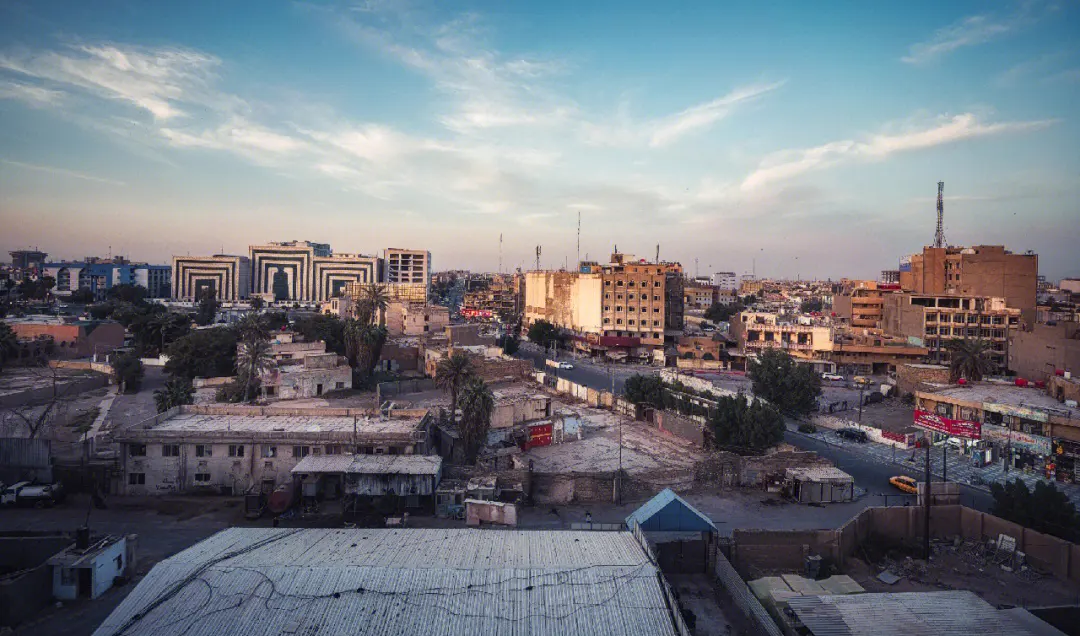Geographic and Demographic Overview: Iraq, a country with a rich historical legacy, is strategically located in Western Asia. Bordered by countries like Saudi Arabia, Iran, and Turkey, it serves as a crucial bridge between the East and the West. With a diverse population of approximately 40 million people, Iraq is home to a myriad of cultural and ethnic groups, including Arabs, Kurds, Turkmen, and others.
Economic Landscape: The Iraqi economy has historically been dominated by the oil sector, which provides a significant portion of the nation's GDP and government revenue. However, in recent years, there has been a conscious push towards diversification, with technology and telecommunications emerging as vital sectors.
Internet and IT Industry Status: Despite facing challenges such as political instability and infrastructural constraints, Iraq has shown remarkable progress in the IT industry. The internet penetration rate has been steadily increasing, signifying a growing digital appetite among the Iraqi population. However, the country still faces hurdles such as limited access to high-speed internet in rural areas and a need for more robust cybersecurity measures.
Erbil, one of Iraq's largest cities and the capital of the Kurdistan Region, is rapidly emerging as a technological hub. The city's political stability and economic growth have made it an attractive destination for IT investments.
The proliferation of data centers in Erbil is a testament to Iraq's digital ambitions. These facilities, equipped with cutting-edge technology, are pivotal in managing the increasing data demands of the country.
Data centers in Erbil are notable for their advanced infrastructure. They boast high-capacity servers, energy-efficient cooling systems, and robust security protocols. This infrastructure is critical in supporting cloud services, e-commerce, and other digital platforms.
Key data centers in Erbil, such as the newly launched Iraq Cloud Server, are transforming the IT landscape. With substantial capacities, these centers are not only catering to local businesses but are also becoming pivotal in offering services to the broader Middle East region. They play a crucial role in enhancing data sovereignty and reducing latency for Iraqi and regional users.
1.Rapid Activation: One of the standout features of Iraq's cloud servers is their ability to be operational within 24 hours. This swift deployment is vital for businesses needing immediate online presence and services.
Managed Service Excellence: These servers offer comprehensive managed services. This includes system rebuilds and network fault detection, ensuring that technical issues are resolved quickly, minimizing downtime for businesses.
Cutting-Edge Technology with SSD: The incorporation of SSD (Solid-State Drives) in the servers ensures faster data access speeds, improved reliability, and better overall performance compared to traditional hard drives.
Support for Various Linux Distributions: Understanding the diverse needs of businesses, Iraq's cloud servers are designed to support various Linux distributions, offering flexibility and customization according to specific requirements.
Local Native IP Address: Having a local native IP address is crucial for businesses targeting the Iraqi market. It enhances the user experience by providing faster access speeds and helps in aligning with regional digital compliance regulations.
A Range of Plans: Catering to businesses of all sizes, these cloud servers offer five different plans, allowing companies to choose the one that best fits their needs and budget.
The launch of Iraq Cloud Server in Erbil is a landmark moment for Iraq's IT industry. It signifies not only the technological advancements of the country but also its commitment to becoming a key player in the global digital economy. With its state-of-the-art data centers and cloud services, Iraq is well on its way to overcoming its digital divide and paving the way for a more connected and technologically advanced future.
